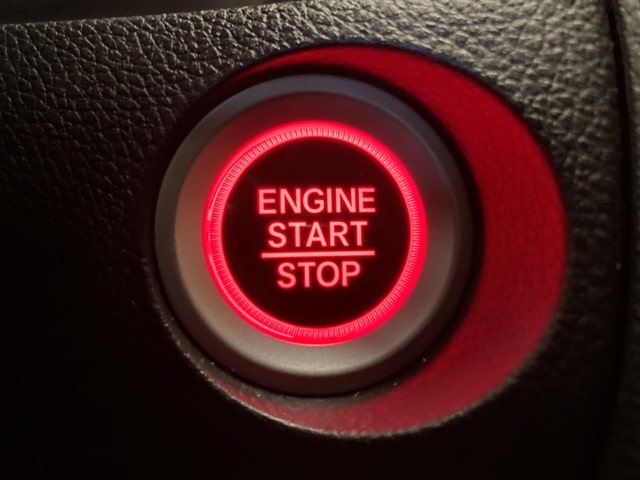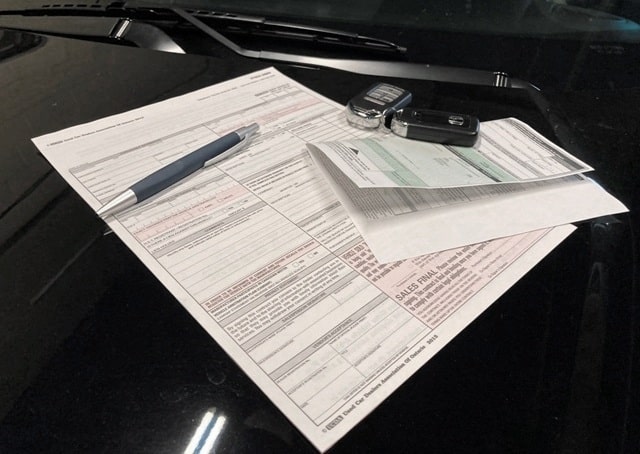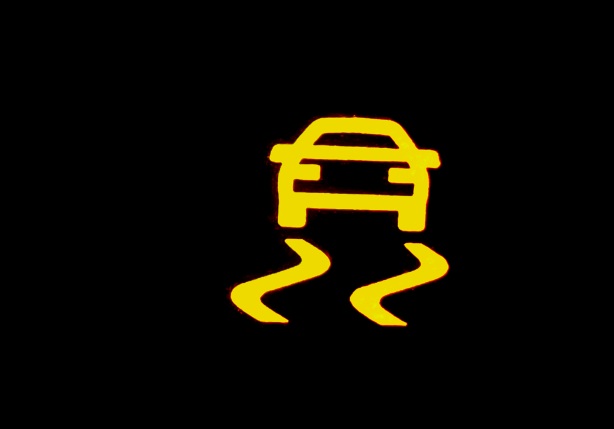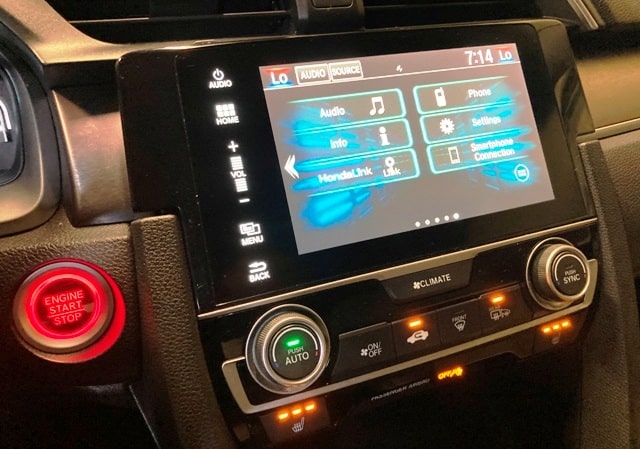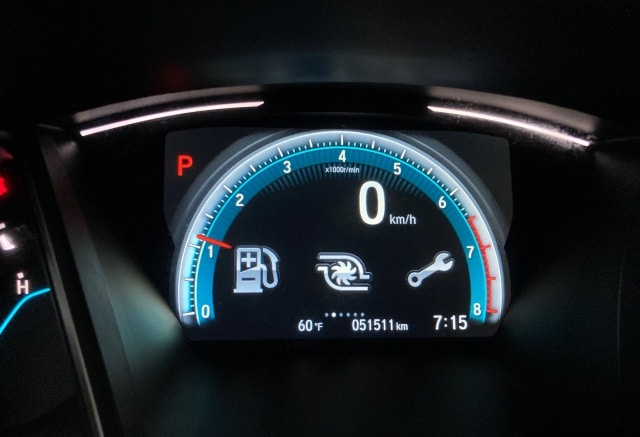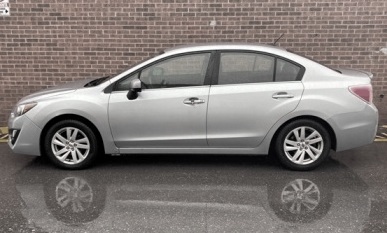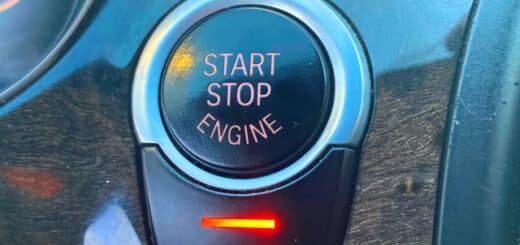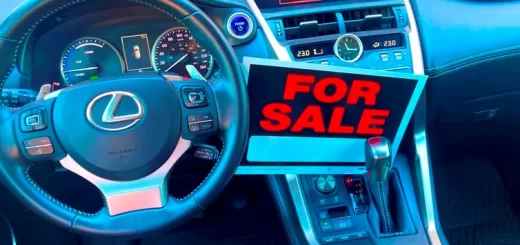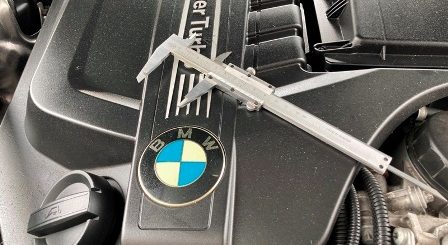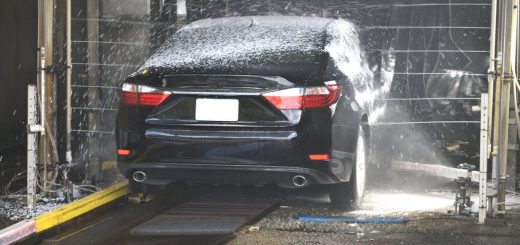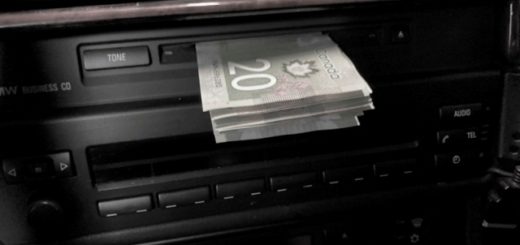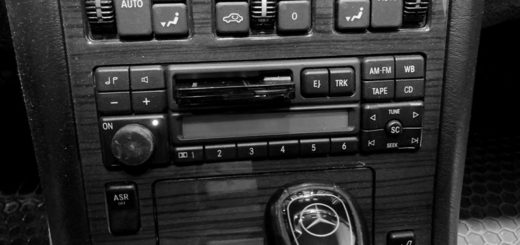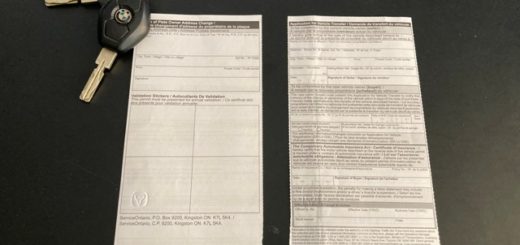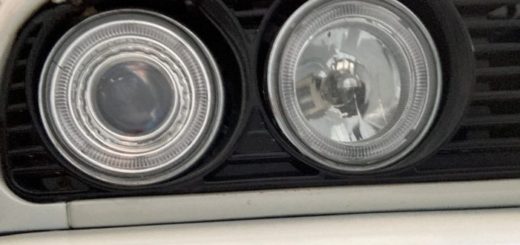How to Negotiate When Buying a Used Car in Ontario
How to Negotiate for Best Price When Buying a Used Car in Ontario: Since dawn of time or at least since cars came along in Canada, price negotiations have always been part of buying and selling a used car. You never buy a used car for listed price. People know it, dealers know it and advertisers know it, everyone expect a lower price. Buyers don’t want to pay full ask price and sellers do not expect to get paid full ask price.
Middle ground was the name of the game for sellers and buyers, making everyone happy kind of thing. Until pandemic hit and everything went upside down with people biding used car prices sky-high. However, that’s now done and over, used cars prices are steadily coming down and negotiating is part of the deal again.
Negotiations are not arbitrary, contrary to what most people think. If you ask for an unreasonable discount they will not sell you the car. On the other hand, if dealer has exorbitant charges and add ons you will not buy their car. It’s all about finding middle ground for both parties.
Condition of a used car is also very important, make sure to check a used car thoroughly before buying. Details on: What to Check When Buying a Used Car.
Negotiating with Salesperson When Buying a Used Car in Ontario
A salesperson does negotiations for a living (multiple times daily), you are either doing negotiation for first time or once every 10 years. Don’t be afraid to point things out and walk away if needed but acknowledge they have much more experience than you and there is a limit at how much they can drop their prices.
You should be able understand when they have reached their final price and not budging anymore, at this point negotiations are over and you should decide to buy their car or not.
However, if they react by being completely un-flexible on price, or try to pile on extra charges, you walk away and find another dealership. There are no benefits to negotiate with an unreasonable party. Also, never buy a car under pressure, walk away if you do not feel 100% comfortable.
(If you are also looking for a fast and safe solution to sell your car, more here on “How To Sell Your Car Fast” )
Pressure Tactics When Buying a Used Car
You might be confronted with pressure tactics by sales person. One way they like to go about it is to take your information (e-mail, phone number, address, etc) even before you start looking at their car. Do not fall for it. You are under no obligation to reveal any information unless you decide to purchase a car.
Also, another sales technique is to push into setting you up for another appointment in the future, or insisting that they call you with other “great deals” and setting up appointments for test drives. Tell them “No”, be respectful but make it clear you know where their dealership is in case you want to come back.
They will try to push for a “commitment” from you by extending the process or showing you other cars and models. Its a sales tactics to get the customer tired or exhausted and pushed into a rushed decision. Take your time but be prepared to walk out at any time, you owe them nothing.
“Buy now or never” pitch. Another sales technique is to confront customer with “we have other people looking at this car”. This is designed to push customer to make a decision right then and there. Its a lie 99% of times. Don’t bother with it, tell them if they sell the car you are happy for them and can always find another one from another dealership.
“Are you going to buy today” if I do this or that for you? This is another common expression used to push customers into committing Do not answer Yes or No, tell them you are there to look for options, you are open to offers but not in rush to committing.
Negotiate in Person When Buying a Car in Ontario
You have to negotiate in person, period. Negotiating from email or texts does not work, reality is completely different. You got to physically go to a dealership, check the car and get the best price you can, in person. Do not buy a used car remotely, you will be in for a lot of surprises.
When buying a used car, always take it for a test drive, no exemptions. Make sure everything works, no strange odors, no engine noises, smooth drive, etc. Test all electronic/electric units and controls, heating and air conditioning and other components. Details: What to check when buying a used car.
As we said, best way to negotiate is in person. However, if you prefer to negotiate online here is some tips from JP Power on How to Negotiate Online.
Negotiating Buying a Car: Cash vs Financing
If a dealership tries to charge you a higher price on cash purchase than financing, walk away. They are not worth neither your time nor your money. Find another dealership which appreciates a cash paying customer.
Since interest rates went to zero and very long amortization (especially after 2020), vast majority of people (90%) bought cars thru financing. Dealers got used to making easy and fast money on financing interest and financing charges/cash backs quite a bit during last few years. With tight inventories and 90%+ of sales financed, they started to not care about losing a tiny minority of cash paying customers. You pay cash, you pay more.
They got used to these easy higher profits so much, they started charging higher prices for people who wanted to pay cash for their cars. Whole thing went upside down. Not to say they didn’t make money with financing in earlier times, they did but not at scale that happened with low interest rate environment, not even close.
However, times are different, car sales are dwindling, inventories are rising and they will slowly learning to appreciate cash purchases again.
How to Negotiate When Buying A Used Car Tips
1) Knowledge
You can’t negotiate if you have no idea about a certain subject, used cars are no different. Start by researching used car market and especially used cars models you are interested in. Check online advertising dealer and private advertising to understand price differences between dealership and private sellers.
Notice extra charges on advertising fine prints on dealerships sales, make sure you know in advance what to expect and what kind of sales techniques might be used against you in negotiations.
Best negotiators are usually those who can use data and research to have a reference point. Providing comparable cars in terms of make, model, mileage at lower prices can give you “upper hand”, or at the very least let the dealer know that you have a good understanding of the market and used car prices.
More details on: Buying a Used Car in Ontario.
2) Find the Right Used Car
Do you research and make sure you know exactly what make, model, year and mileage you want or you can afford. Do Not buy the first used car you see, regardless of how good it looks or how it fulfills your requirements.
Check and pinpoint several used cars of same year and model you like. Go and look at all of them and do not commit to buy right away. Do not hesitate to ask questions and even negotiate price. You will get a feeling of how negotiating is done, get knowledge about pricing and dealerships price flexibility.
Generally speaking, if you are looking for an in-demand vehicle then your negotiation power will be lower, and vice versa (Honda and Toyota are at top of the list, especially SUVs and Minivans). Higher demand always gives sellers the upper hand. Be realistic and make that fact that into consideration when negotiating to buy a used car.
3) Be Respectful and Avoid Confrontations
Negotiating price is one thing, respect is another, both are connected and serve a purpose when buying a used car. A low ball offer or an offer which has no realistic chance of being approved shows lack of respect.
Very likely it will be turned down and you will not be taken seriously, negotiations will fail. Remember, you can make 1000 offers and none will be accepted if offers are ridiculously lower than sticker price. Dealers need to make a profit and they will not sell you a car at a loss or equal at what they paid.
Find a realistic price you are genuinely comfortable with and make an offer, politely and without confrontation. If they refuse or come up with higher counteroffer, make your initial offer again and be prepared to buy if agreed.
If they do not let go by the third time, it means they realistically can not lower price anymore and you have to decide, walk or buy. However, dont let go a good deal even if its a bit higher than your expectations.
4) Negotiate Car Price First and Foremost
Total price out of the door is the only thing that matters. Do not negotiate monthly payments, never. First and foremost, you need to know how much the car cost and how low they are willing to negotiate price. That will give you an idea as how flexible they will be when negotiating other extra charges latter on. Do not look at anything else but stand alone price of the car.
Some dealerships will advertise a low price online to attract buyers and then hit them with add-ons and extra charges to boost profit. Its an old and known sales techniques, and it works as people keeps falling for it.
Negotiate price of the car first and foremost, just to make sure you can or cannot afford to buy it. If you can afford it then proceed to negotiate other charges and fees. Dealers will usually add Safety Inspection charges on top of used car price as an extra charge.
Try to negotiate safety inspection as part of the deal to be included at no extra charge. In any case, you need to know total price of the car (taxes included) before sitting down and signing anything, or leaving a deposit.
However, on the other hand, going to a dealership and expecting a flat discount in absolutely naive, each dealership has its own rules when it comes to negotiating prices and discounts. Do your research, and then make an informed intelligent offer, something you would agree if roles were reversed.
5) Do not Express Enthusiasm
Under any circumstances do not express enthusiasm about a car, regardless of how much you like it. Play it cool and do not let feelings overwhelm your negotiations. Enthusiasm on your part tells a salesperson you like their car and are very close to committing on buying it.
They will be less flexible with pricing and extra charges when they believe customer is committed and less likely to walk away from a deal.
6) Negotiate Extra Charges When Buying a Used Car
Extra charges are negotiable, period. Dealers will usually add extra charges for reconditioning, clean up, safety inspection, transfer fees, administration fees, documentation fees, you name it. All these are add-ons and are all negotiable.
Its true, dealerships have extra expenses when selling a used car and there are justified expenses related to documentation and selling process as a whole. However, these extra charges are always exaggerated and way above real expenses Extra charges are designed to add profits.
Ask for all in one pricing and see how much that will add to price of the car. Try to negotiate extra charges, if not all at least partially. If they refuse to budge then be prepared to walk away. Make it clear you will walk away and extra charges are a deal breaker.
Details and OMVIC description on: All-In Pricing.
7) Leverage Condition of the Car
All used cars have some imperfections such as scratches, body damages, interior damages, broken switches or other electronic systems not functioning properly. If you can live with some these imperfections do not ask the dealer to repair them but ask for a price discount instead. They will be happy sometimes to just give a discount instead of losing time repairing some unimportant things.
Asking for a pre-inspection by your mechanic is safest way to go about buying a used car. Either send the car to your mechanic or find a mechanic near the dealership for inspection. Pre-inspection charges are your responsibility and you will have to pay for all expenses associated with it, regardless if you buy the car or not.
In most cases though, pre-inspection is well worth it. However, if dealer refuses to make the car available for pre-inspection then be prepared to walk away, do not take a chance buying a lemon.
8) Do not Fall for Toys When Buying a Used Car
You are looking for a used car at the best price. One of most common sales technique for dealers is to first and foremost point at “toys” on a used car.
People like gadgets, everyone knows it, and dealers know it too. Navigation, Bluetooth, “premium” sound system, touch screens, integrated phone charges and other electronic gimmicks are proudly pointed out to potential buyers in order to entice them to buy. Most of these gadgets, are things people will never use.
Do not fall for it, most cars manufactured in last decade are full of these gadgets and generally are not worth paying a premium. Navigation for example, is mostly useless now days, or at the very least not worth paying extra for it. It does nothing that a good phone with Google maps won’t do. However, navigation is still touted on advertising, elevating the price of a used car by $1,000 or more.
9) Do Not Try to Negotiate Taxes When Buying a Used Car
Do not bother to negotiate taxes, you won’t get anywhere. Caesar always takes what belongs to him, its a done deal. Dealers do not get to keep tax money; taxes are charged by government and given to government. Dealer has nothing to do with taxation and has zero incentive to negotiate taxes. Also, is very much illegal to negotiate or mess around with taxes.
Taxes on used cars in Canada differ by province, Ontario for example adds 13% tax on used car sales (new cars too). More details on Used Car Tax Ontario.
10) Negotiate Your Trade-in Car Last
If you have an old car to trade-in, do not mention it initially. Complete price negotiations on the car you are buying fist, and I mean full negotiations all the way to point of buying. Then you ask for a price on your trade-in.
Make sure to check online for trade-in value of your car, so you have an idea how much is worth. Negotiating separately for your trade-in it gives you better leverage and makes negotiating simpler. You will get more for your trade-in if dealer knows you will buy their car and negotiations are almost finished.
Your trade-in will also lower your purchasing taxes. You will not be charged tax on value of your trade in. Example: If you buy a 20,000 car and dealer gives you $10,000 for your trade-in, you will be charged tax on only $10,000.
11) Do not Buy on Your First Visit
This will depend on situation, you can decide either way, to buy or wait. However, dealerships generally rely on people to purchase used cars on impulsive decisions made within minutes. Do not fall for it. Take your time negotiating, get final price and take your time to think.
Go home and sleep on it, that car will still be there next day. Do your research on line and check prices on other sellers around you. If all checks out, go ahead and buy the car.
12) Beware of Used Cars Sold “As Is”
Do not bother to negotiate price on a vehicle sold “As Is”. Unless you are an experienced buyer, have mechanical knowledge and can do most of repairs yourself, refrain from buying a used car in “As Is” condition. Regardless how cheap or enticing price can be.
“As Is” means the dealership does not guarantee the condition of the car in any way and vehicle is not deemed roadworthy. Buyer takes all responsibilities and repairs necessary to put the vehicle on the road and that can get very expensive, very fast. Transmission can be missing completely and a vehicle can still be sold “As Is” without any responsibilities from selling party.
Especially be wary of used cars sold “As Is” which are fairly new and have high retail value. There is no real reason for those cars to be sold “As Is” apart from mechanical issues or some other major problems (flooding, rebuilt title, etc).
Reasons why dealers might sell some of their inventory “As Is”:
– Vehicle is too old for returning profit.
– Vehicle has too many problems and not worth reconditioning for retail sale.
– Dealership not specialized in that type of vehicle, they just want to take it off their hands.
– Dealership has overstock issues and might not have time to recondition all their used cars.
– Dealerships have too many trade-ins and no space to store them.
– Vehicle is a Rebuilt title or has had too many accidents previously. In that case, it’s easier for them to just drop price significantly and sell it “As Is”.
More details from OMVIC on Buying Used Cars.
14) Negotiate Financing Terms When Buying a Used Car
This is a bit tricky as you will depend on financing to buy a used car and it generally gives seller the upper hand. Salesperson will very likely start talking about monthly payments. Do not bother initially with monthly payments but negotiate price of the used car first.
I mean, negotiate total buying price of a used car, including extra fees and taxes. all of it. This way it will be simpler for you to understand how much you will be paying in terms of interest and financing fees.
Dealerships will have extra financing fees which will vary from dealer to dealer. Ask for reduced financing fees and extra charges, if they refuse, walk out and check out other dealerships.
Payments when Buying a Used Car
Keep in mind, the lower monthly payments are, the higher amortization time, the more you pay in financing interest and the more profit dealership makes. Ask for higher monthly payments and as shorter as you can afford amortization period. High monthly payments and shorter amortization will save you quite a bit of money on interest charges.
They will try to sell you stuff, without revealing final price but mentioning monthly payments only. Stuff looks cheaper if split in 60 “easy payments”. Example: How about a navigation system? Its only 30 bucks a month (yeah, but that’s every month for 5 years). Don’t fall for it and do not buy anything you do not need or want.
Lastly, check interest rates before committing to anything. Go online and see what other dealers in your area are offering, dealerships are not the same and you can always find cheaper.
In case you just bought a used car: General Maintenance after buying a car.
(If you are also looking for a fast and safe solution to sell your car, more here on “How To Sell Your Car Fast” ).
Comments: If you have any questions or suggestions related to this post or Used Car Toronto in general, don’t hesitate to use comment section below.


